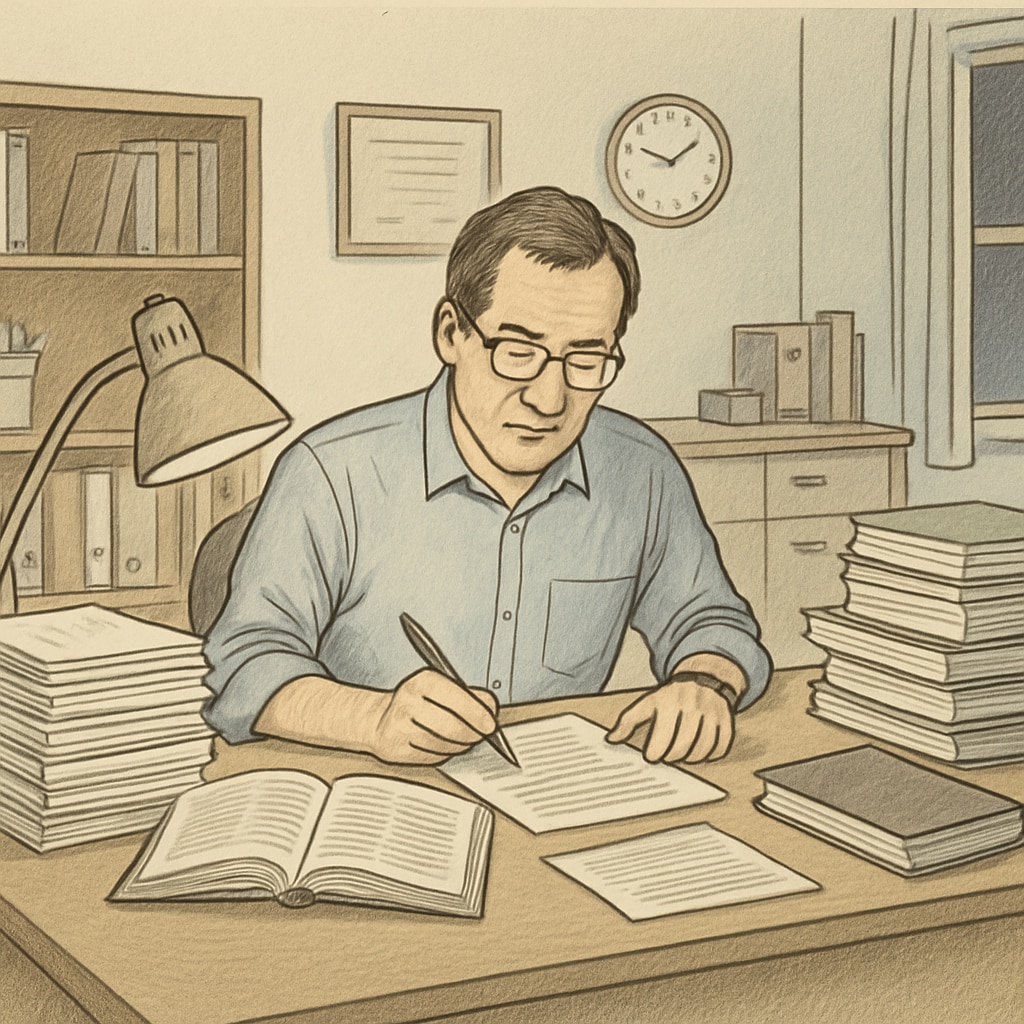Adjunct faculty (freelance teachers), research quotas, and contract exploitation form a troubling triad in modern academia. Across U.S. universities, instructors hired for teaching-only positions increasingly report being pressured to conduct unpaid research. This systemic issue creates ethical dilemmas while compromising educational standards. According to the American Association of University Professors, 73% of faculty positions are now non-tenure-track, with many facing “scope creep” in job requirements.
The Invisible Burden of Research Expectations
Unlike tenured professors whose research is formally recognized, adjunct faculty face unofficial pressures to publish. Department chairs often suggest that “voluntary” research contributions could lead to contract renewals or better assignments. However, these expectations:
- Exist outside formal employment contracts
- Receive no compensation or workload adjustment
- Are rarely documented in performance evaluations

Three Consequences of Uncompensated Academic Labor
This form of professional exploitation creates ripple effects throughout higher education. First, teaching quality suffers as instructors split focus between unpaid research and classroom duties. Second, as noted by The Chronicle of Higher Education, the practice encourages “checklist scholarship” rather than meaningful academic contribution. Third, it perpetuates an unsustainable career path where:
- Early-career scholars burn out
- Professional development stagnates
- Institutions avoid investing in faculty
Pathways to Institutional Reform
Several universities have implemented solutions to address this imbalance. Transparent contract terms, compensated research hours, and clear promotion tracks for adjunct faculty show promise. Unionization efforts have also gained momentum, with organizations like the American Federation of Teachers advocating for:
- Written documentation of all expected duties
- Extra pay for additional responsibilities
- Protection against retaliation
As higher education evolves, addressing adjunct faculty exploitation remains critical to maintaining academic integrity and educational excellence. The solution requires both institutional policy changes and broader cultural shifts in how we value teaching professionals.


